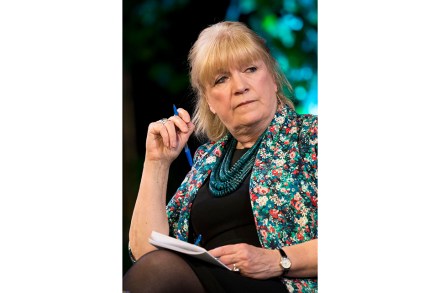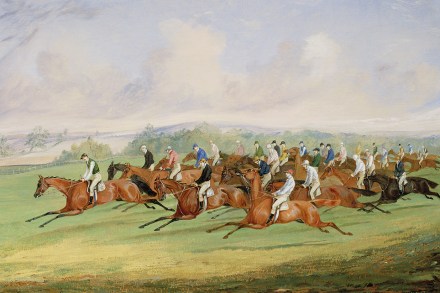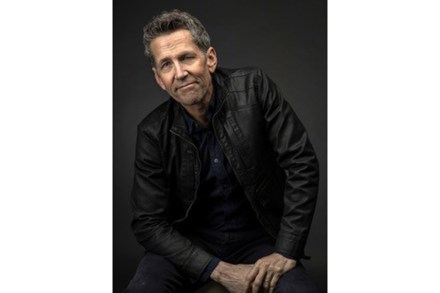Polly Toynbee searches in vain for one working-class ancestor
More from BooksPolly Toynbee’s fascinating, multi-generational memoir comes with a caveat to a Spectator reviewer. While her book is written with ‘self-conscious awareness’, Toynbee predicts, with a cautionary wag of the finger, that it will be reviewed in publications where ‘introspection is inconvenient’. Not a page goes by without a reference to the iniquities of class, accent,































